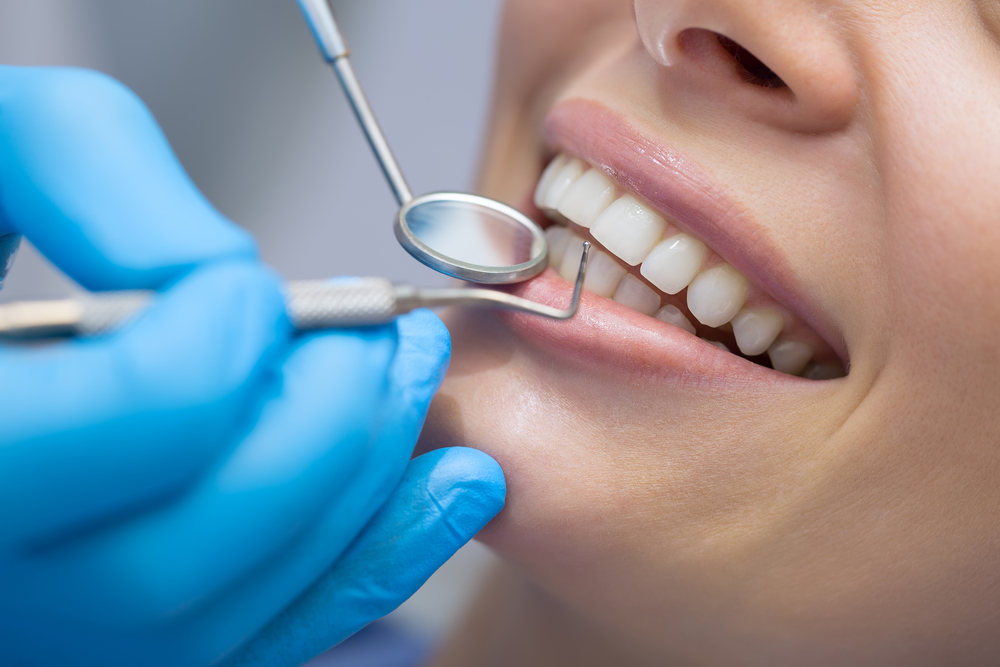Teeth Scaling: What You Need to Know
No matter how well you brush your teeth and care for your oral hygiene, plaque and tartar are inevitable for everyone. Colonies of bacteria form in our mouths every time we eat or drink. While brushing and flossing are effective for removing these particles, some will still remain. This is where teeth scaling comes in. This procedure scrapes away the layers of plaque buildup that have formed over time. This blog will go over everything you need to know about teeth scaling and why it’s an important procedure for maintaining healthy teeth and gums.
What Is Teeth Scaling
Your dentist may have recommended getting your teeth scaled. This procedure is pretty common and done on almost everyone. However, this procedure is often conducted along with root planing. This is also known as “deep cleaning.” Teeth scaling and root planing help treat chronic periodontal disease with a deeper cleaning than that of a regular cleaning.
When Do You Need Teeth Scaling?
As previously mentioned, teeth scaling is a common procedure that must be done on almost every patient. Whether you regularly wash and floss or not, the removal of tartar and plaque cannot be removed at home. It has to be done professionally by your dentist. However, patients that especially require this procedure are those that have signs of chronic periodontal disease. Teeth scaling deters the harmful effects of this condition and helps keep your teeth and gums healthy.
Chronic periodontal diseases take place when the bacteria in the plaque causes your gums to pull away from your teeth. It causes pockets to grow between your teeth and gums, enabling more bacteria to grow. You cannot reach that area with a regular toothbrush at home, which is why you have to see a dentist.
What Happens During Teeth Scaling?
Teeth scaling and root planing can be at your dental office. While this procedure is usually done in one appointment, depending on the severity of your condition, it may be done in two or more appointments. This procedure doesn’t usually involve the use of a local anesthetic; however, sensitive patients may want to speak with their dentist on options.
Your dentist will start with a teeth scaling. This involves scraping off the plaque and tartar from your teeth and potential pockets that may have developed between your gums and teeth. The next step usually involves root planing. Your dentist will smoothen your roots utilizing a scaling tool. This process helps your gums reattach to your teeth.

What Are the Benefits of Teeth Scaling?
Teeth scaling is known to be a gold standard treatment for combating chronic periodontal disease. In fact, studies show that teeth scaling helps decrease pocket gaps by .50 millimeters on average! By reducing these pockets, you reduce the risk of experiencing:
● Tooth loss
● Bone loss
● Tissue loss
● Tooth sensitivity
● Tender or bleeding gums
● Red/swollen gums
● Painful chewing
● Bad breath
● Receding gums
Teeth scaling and root planing are normal, common procedures that take place at the dental office every day. They are important for helping you maintain excellent oral health! We hope this blog helped you get a better understanding of what teeth scaling is and how you can benefit from it. Whether you believe you have signs of periodontal disease or are simply due for your routine check-up, Carmichael Dentistry is here to keep your dental health in check! Give us a call at (858) 484-2560 or click here to schedule an appointment today!




